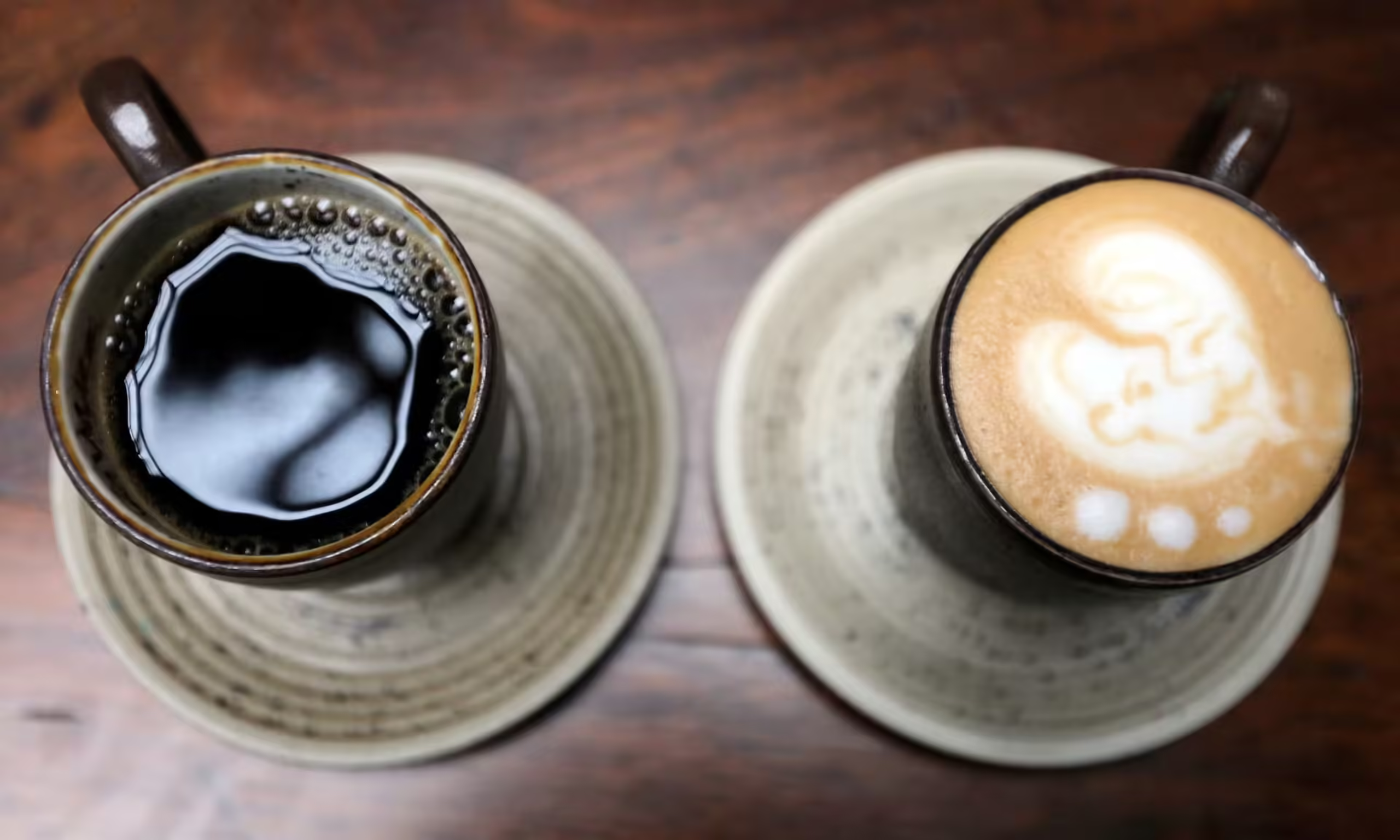Table of Contents
Are Ground Date Seeds Really as Delicious as the Real Thing?
For centuries, coffee has been the world’s go-to beverage for that morning pick-me-up or a cozy afternoon companion. Its rich aroma, complex flavors, and stimulating effects have woven themselves into the fabric of our daily routines. But what happens when the very foundation of this beloved drink – the coffee bean – starts to face challenges?
Enter the synthetic coffee revolution. As climate change disrupts traditional coffee-growing regions and consumer demand for sustainable practices rises, scientists are brewing up innovative solutions. One such solution is the exploration of ground date seeds as a potential substitute for coffee beans.
But before we ditch our French presses for futuristic contraptions, a crucial question lingers: can ground date seeds truly replicate the magic of a good cup of coffee? Let’s delve into the world of synthetic coffee, exploring the science behind date seed brews, their taste profiles, and how they stack up against the real deal.
The Brewing Storm: Why Coffee Needs a Sustainable Alternative
The future of coffee is uncertain. Climate change poses a significant threat to coffee production. Rising temperatures, erratic rainfall patterns, and increased pest infestations are jeopardizing coffee crop yields in traditional growing regions. Additionally, the conventional coffee industry faces criticism for its environmental impact, with deforestation and water overuse being major concerns.
This confluence of factors has spurred the search for sustainable alternatives. Enter synthetic biology, a revolutionary field that allows scientists to engineer microorganisms to produce desired compounds. In the case of coffee, researchers are focusing on replicating the complex molecules responsible for coffee’s flavor and aroma, potentially using things like yeast or algae as production platforms.
The Rise of the Date Seed: A Natural Coffee Contender
While synthetic coffee holds promise, it’s still in its early stages. In the meantime, another contender has emerged from the world of natural ingredients: the date seed. Dates, a delicious and nutritious fruit, have been a staple food in the Middle East and North Africa for centuries. But what many may not know is that the pit inside the date – the seed – holds untapped potential.
Date seeds are rich in dietary fiber, antioxidants, and certain oil compounds. Interestingly, some of these compounds share structural similarities with the key flavor and aroma molecules found in coffee beans. This similarity sparked the idea of using date seeds as a base for a coffee-like beverage.
From Pit to Cup: The Process of Brewing with Date Seeds
Transforming date seeds into a coffee substitute involves a multi-step process. First, the seeds are meticulously cleaned and dried. Then, they undergo a roasting process similar to that used for coffee beans. Roasting unlocks the aroma and flavor potential of the seeds, developing a richer and more complex profile.
Next, the roasted seeds are ground into a fine powder, resembling the consistency of coffee grounds. This powder can then be brewed using traditional coffee brewing methods like drip machines, French presses, or even espresso machines.
Unveiling the Flavor: Does Date Seed Coffee Taste Like the Real Thing?
So, the big question remains: how does date seed coffee taste compared to traditional coffee? Here’s where things get interesting. Unlike a direct imitation, date seed coffee offers a unique flavor profile of its own.
While it might lack the intense bitterness and characteristic acidity of coffee, it boasts a naturally sweet and slightly nutty flavor with hints of caramel and toffee. Some describe it as having a smoother, more gentle taste on the palate compared to coffee.
The Perks and Potential Pitfalls of Date Seed Coffee
There are several advantages to exploring date seed coffee as an alternative. First and foremost, it offers a more sustainable option. Dates are a readily available fruit, and utilizing the seeds minimizes waste. Additionally, the production process of date seed coffee typically requires less water and energy compared to conventional coffee cultivation.
Another benefit is the healthier aspect. Date seed coffee boasts a good amount of dietary fiber and antioxidants, potentially offering additional health benefits compared to regular coffee.
However, it’s important to acknowledge potential drawbacks. For die-hard coffee lovers, the lack of bitterness and the different flavor profile might be a dealbreaker. Additionally, date seed coffee may not deliver the same level of caffeine as traditional coffee.
Beyond the Brew: The Future of Synthetic and Sustainable Coffee
The exploration of synthetic coffee and alternatives like date seed brews signifies a shift towards a more sustainable and innovative future for our beloved beverage. While both options have their merits and drawbacks, they highlight the exciting potential for change.
Synthetic coffee holds the promise of replicating the exact coffee experience with complete control over the flavor profile and environmental impact. However, its development is still in its early stages. Date seed coffee, on the other hand, offers a readily available and naturally sourced alternative with a unique flavor profile and a smaller environmental footprint.
The Choice is Yours: Navigating the World of Coffee
Ultimately, the choice between traditional coffee, synthetic coffee, and date seed coffee lies in the hands of the individual consumer. Each option presents its own unique set of characteristics, catering to different preferences and priorities.
For those who value the authentic coffee experience, traditional coffee remains the go-to choice. Its rich history, diverse flavor profiles, and cultural significance hold a special appeal to many coffee enthusiasts.
For those seeking a more sustainable and environmentally conscious option, date seed coffee emerges as a compelling alternative. Its natural sweetness, lower caffeine content, and smaller environmental footprint make it an attractive choice for those seeking a guilt-free coffee indulgence.
And for those intrigued by the cutting edge of science and innovation, synthetic coffee beckons with its promise of precise flavor control, reduced environmental impact, and potential health benefits. As synthetic coffee technology matures, it may revolutionize the coffee experience, offering an entirely new dimension to the beverage.
Conclusion: Embracing the Coffee Revolution
The world of coffee is at an exciting crossroads, poised for transformation. Climate change, sustainability concerns, and technological advancements are driving innovation, opening up a world of possibilities for our favorite beverage.
Whether you’re a traditionalist, a sustainability advocate, or an early adopter, there’s a coffee experience waiting for you. Embrace the coffee revolution, explore the new frontiers of taste and sustainability, and discover the perfect cup of coffee that suits your unique palate and values.









